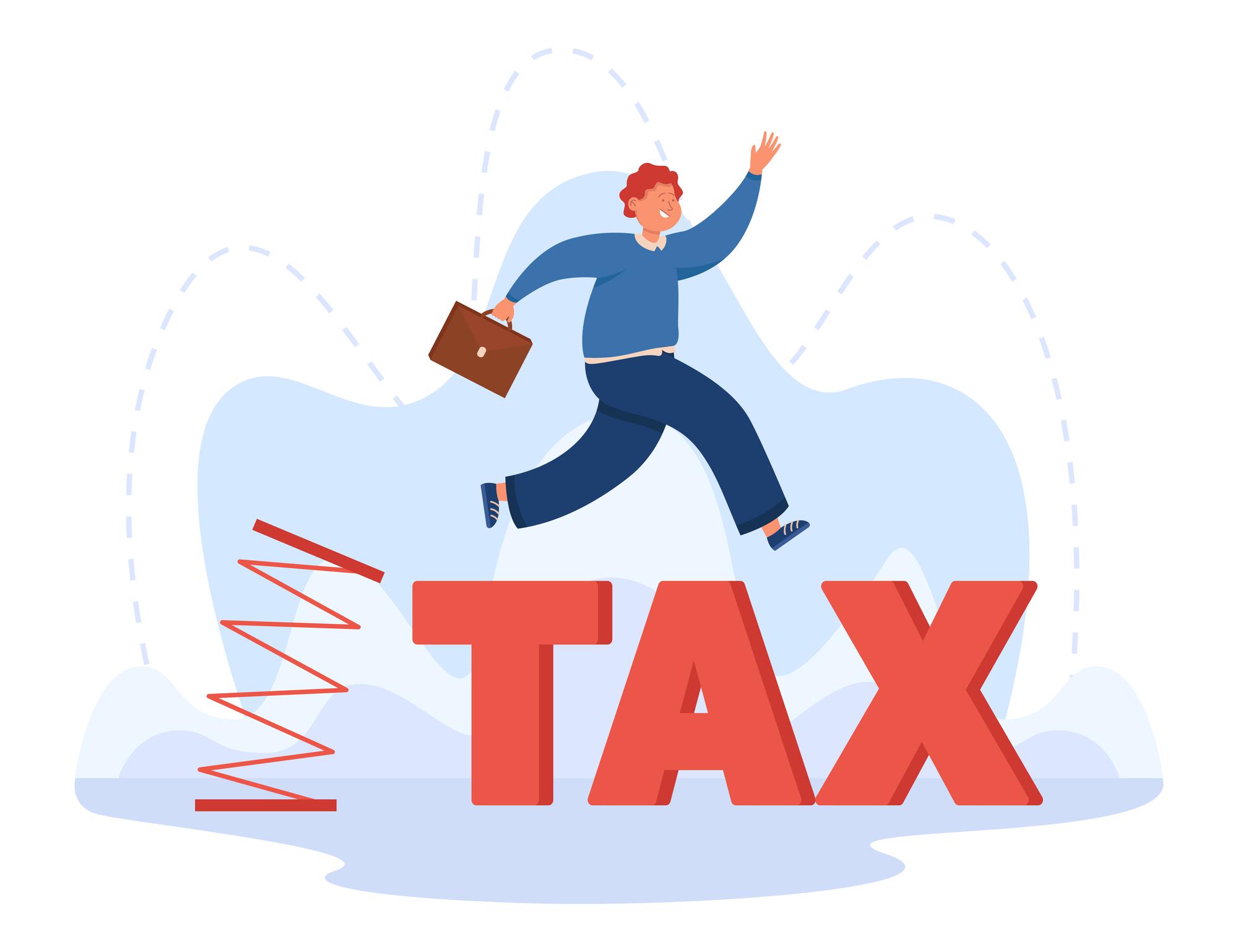We're glad you joined! Here is a list of things you need to do to start your US taxes.
Change Your Address At The IRS
Fill out IRS Form 8822 to inform the IRS that you have moved. So, if there is a problem, the IRS can send you information quickly. The worst time to talk to the IRS is after they've tried and failed to get in touch with you. Make sure that doesn't happen by telling them where you now get your mail.
LEAVE THE US FOR AT LEAST 330 DAYS IN THE FIRST YEAR.
If you qualify for the foreign earned income exclusion, you won't have to pay US income tax on about $100,000 of the money you make working abroad. To make sure you're eligible right away, you should pass the physical presence test, which says you can't spend more than 35 days in the US in the first year after you move there.
You don't have to stay in the same country the whole time; you must stay outside the US. Let's say you move somewhere and pass the bona fide residence test (which generally requires making a new country your home for an entire calendar year). Within this case, you can spend additional time in the US without being able to use the foreign personal income exclusion.
If You Work In The Us, Tell Your Employer To Lower Your Tax Withholding.
If you work from home for a US company, you can give your employer a filled-out IRS Form 673 to lower the US federal income tax your employer takes out of your paycheck. This form tells the corporation that you will soon be eligible for the foreign taxable income isolation, so they can figure out how much to withhold from your pay based on that. If you start making less than $100,000, all your revenue will be exempted, so you can fill out an IRS Form W-4 and write exempt.
If You Own A Business, You Should Think About Forming A Non-Us Corporation.
If you own and run your own business, it's often better to hold it through a company that isn't based in the US. By running your business through a company based outside of the US, you can avoid paying US taxes on the first about $100,000 salary you make each year. You should file an IRS Form 5471 and maybe an IRS Form 8938 if you own a non-US corporation. However, the US tax benefits of this structure more than makeup for the extra paperwork.
Keep Your Stocks Invested In The U.S.
Investing in non-US mutual funds can make it hard to file your taxes and, in some cases, cause you to pay more tax. It's much easier to keep investing in US equity funds with a US brokerage account.
If you own shares in a non-US mutual fund, you'll have to fill out IRS Form 8621, which is hard to follow even in the best of situations and impossible in the worst.
Also, the non-US fund manager will be subject to the silent foreign investment company rules, which are complicated rules that often lead to worse tax treatment in the US than when you own US mutual funds. Lastly, investing in non-US mutual funds can hurt you in ways that aren't related to taxes, like having higher fees and more risk.
Research how the US taxes local tax-advantaged accounts.
If you plan to stay in your new country for a long time, it can be tempting to start saving immediately in one of the tax-advantaged accounts there. But researching how each offer is taxed in the US will save you a lot of trouble when you fill out your US tax return. Some plans have to be reported on more than others. For example, let's say the plan is set up like a trust.
In that case, you may find that you don't have to file as many US tax returns if you don't put money into the trust yourself (or only make contributions to certain portions of the trust). This can get tricky and depends on the facts, so you need to do a lot of research and plan carefully with each type of savings vehicle in mind.
Avoid Financial Hucksters And Scams
There are a lot of scammers in the ex-pat and subsea investor communities. They sell complex and costly asset protection structures that don't protect assets any better than a simple trust or a non-US company. Even worse, some of these gurus are also self-appointed US tax advisors who promote the gospel of salvation through confidentiality and complicated structures. Don't listen to the rumors.
Keep Filing Tax Returns In The U.S.
You must file a US tax return for just any year in which your income exceeds the threshold, even if you don't owe any taxes. Many people think that the penalty for not filing a tax return is just a small portion of the tax owed, so they don't see why they should bother.
That's not at all true. The foreign personal income exclusion can only be used if you file your tax return before the IRS sends you a notice that you didn't file on time. So, if you don't file a return, you could be fined as much as the US tax on your income from outside the country.
You May Require To File An FBAR As Well
If you own or even have signature authority above one or more non-US bank accounts with a rebalancing of more than $10,000 in any given year, you must file an FBAR. The FBAR only needs to ask for basic information about the bank, the account number, and the most money in the account each year. Filing the FBAR does not affect how much tax you have to pay. It's just a form to let people know.
 PDF Magic
PDF Magic



